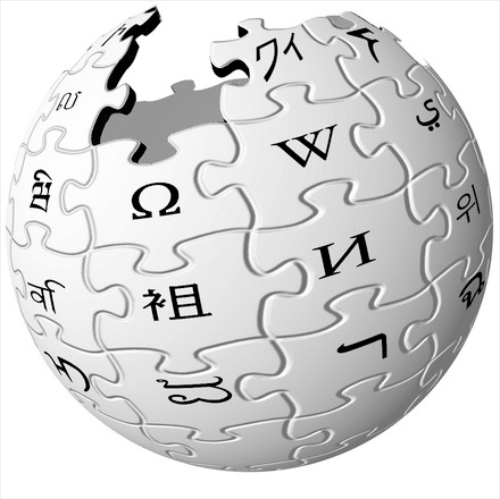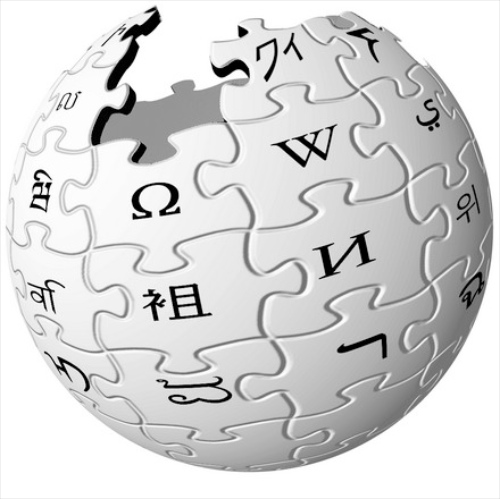Wikipedia is many things to different people: an invaluable resource, a crowdsourced marvel, or a mass of unverified suppositions contributed by barbarians at the gate. In his new book for the MIT Press Good Faith Collaboration, Joseph Michael Reagle Jr. identifies another role for the free encyclopedia: as a model for other types of collaboration, that transcends the divisive and hostile tone that characterizes much contemporary discourse.

Contrary to the well-worn myths about online collaboration, Reagle argues that Wikipedia demonstrates civil and respectful discourse can be enabled by building consensus in a transparent manner and taking cues from the open source software movement. Wikipedia’s process of remaining open to new collaborators, while an existing community upholds exacting standards of content quality, has demonstrated that large distributed groups of individuals can build a shared commons.
Reagle acknowledges that the model could be hard to export to other forms of public discourse. In an interview with The Atlantic, he notes that “If we look at politics, everyone can say, ‘I’m not going to take any low shots,’ but there is a huge reward for doing so…I think there is less of a reward in Wikipedia.” And Wikipedia itself is not immune to pedantic pissing matches or ideological battles. But as an alternative to the Godwin’s Law model of much online discourse, Wikipedia remains an achievement of distributed knowledge and collaboration, which community organizers both online and off could learn much from.









